Introduction:
Welcome to our blog, where we explore the important intersection of mental health and identity. In honor of Mental Health Awareness Month, we are shining a light on the significance of understanding mental health through an intersectional lens. Join us as we discuss the unique challenges faced by marginalized communities and advocate for inclusive and equitable mental health care.
Unveiling the Intersections:
- Mental health is not a one-size-fits-all experience. Intersectionality acknowledges that our identities and social locations overlap, shaping our experiences and access to resources. It involves delving into how factors such as gender, race, ethnicity, sexuality, and socioeconomic status intersect with mental health. By recognizing and understanding these complexities, we can better appreciate the diverse challenges individuals face and work towards creating more inclusive support systems.
For example, individuals from racial and ethnic minority backgrounds may experience higher rates of mental health disparities due to systemic racism, discrimination, and cultural factors. LGBTQ+ individuals may face additional challenges related to stigma, identity acceptance, and access to affirming mental health services. Exploring these intersections helps us develop a holistic understanding of mental health experiences.
Addressing Disparities:
- Marginalized communities often face disparities in accessing mental health resources and care. Our approach should look into the systemic barriers that contribute to these disparities, such as limited availability of culturally competent services, language barriers, lack of insurance coverage, and stigma within communities. By understanding these obstacles, we can advocate for policies and initiatives that aim to bridge the gap.
This involves promoting mental health awareness and literacy within marginalized communities, advocating for increased funding for mental health programs, and urging policymakers to prioritize equitable mental health care. Additionally, collaboration between mental health providers, community organizations, and social services can help ensure that mental health resources reach underserved populations.
Cultivating Cultural Competence:
- Cultural competence is vital in providing effective mental health care. We should explore the importance of understanding diverse cultural contexts, beliefs, and practices when supporting individuals from different backgrounds. Mental health professionals should strive to be culturally sensitive, acknowledging and respecting the unique experiences and cultural influences that shape an individual’s mental health journey.
Cultivating cultural competence involves ongoing education, training, and self-reflection. It also requires creating safe spaces where individuals can express their cultural identities without fear of judgment or discrimination. By integrating cultural knowledge into mental health practices, we can provide more effective, relevant, and personalized support.
Empowering Voices:
- Amplifying the voices of marginalized communities is crucial in the journey towards mental health equity. We need to highlight stories and experiences of individuals who have navigated the intersection of mental health and identity. By sharing these narratives, we aim to foster understanding, empathy, and solidarity.
These personal stories provide insight into the unique challenges faced by marginalized communities and showcase the resilience and strength of individuals. By amplifying these voices, we contribute to destigmatizing mental health struggles within diverse communities and encourage others to seek help and support.
Collaborative Action:
- Creating change requires collective action. This occurs by looking into ways in which individuals, communities, and organizations can come together to advocate for inclusive mental health practices. From supporting culturally sensitive programs to promoting diversity in mental health professions, we can make a tangible difference by working collaboratively.
This includes advocating for policies that address mental health disparities, encouraging inclusive practices within mental health organizations, and supporting initiatives that prioritize mental health equity. Collaborations between mental health professionals, community leaders, and grassroots organizations can create meaningful change at both systemic and community levels.
Conclusion:
As we celebrate Mental Health Awareness Month, let us commit to embracing diversity and understanding the intersectionality of mental
health. By addressing disparities, cultivating cultural competence, amplifying marginalized voices, and taking collaborative action, we can foster inclusive mental health
